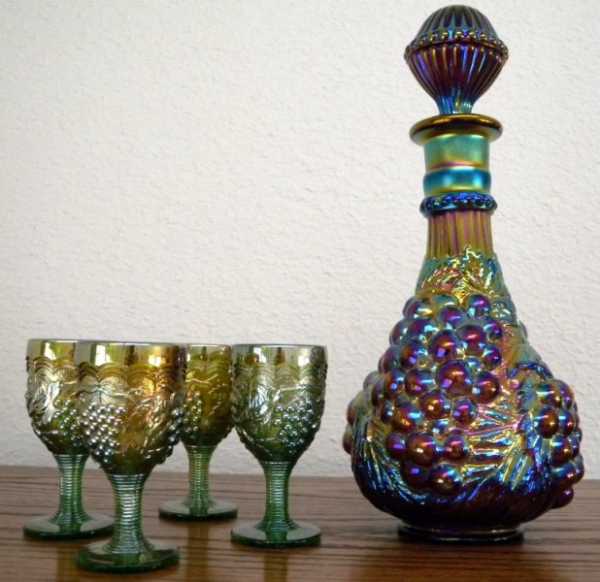FWP:
SETS == IDIOMS; WORDPLAY
GATHERINGS: {6,3}
WINE: {49,1}
This opening-verse, obliged as it is to repeat the refrain at the end of both lines, cleverly uses khe;Nch , 'draw, pull', to unify the domains of three otherwise quite disconnected idioms. In the first line we have nafas khe;Nchnaa , to 'draw' breath; fortunately the same idiom exists in English. In the second line, we have the negated sharaab khe;Nchnaa , to 'draw' wine (from a cask?); we can find similar idioms in English (for beer). Then we also have the replacement: we are not to draw wine, but inti:zaar khe;Nchnaa , to wait-- literally to 'draw' a wait.
Bekhud Mohani's vigorous attack on Nazm's position makes a great deal of sense; I applaud both his spirit and his literary judgment.
Other than the wordplay of khe;Nch ,
there's nothing much going on in this verse, as far as I can see. The prose
meaning can easily be reduced to a pious truism about never giving up hope
or longing, which is just how Bekhud Dihlavi interprets it. If the wordplay
didn't induce a listener to say vaah vaah , surely such a
trite sentiment wouldn't be able to. The verse is mostly a riff on three radically different
things-- breath, wine, and waiting-- that are all, unexpectedly, 'drawn'. But then, for
a brief opening-verse, isn't that enough?

Nazm:
That is, breathe longing with every breath, don't depart from it; if there's no wine, then keep waiting for it. The word khe;Nch is connected with both wine and waiting, but inti:zaar khe;Nchnaa [to pull/draw a wait] is an Urdu idiom too, while sharaab khe;Nchnaa [to draw wine] is only a translation from Persian. (50)
== Nazm page 50